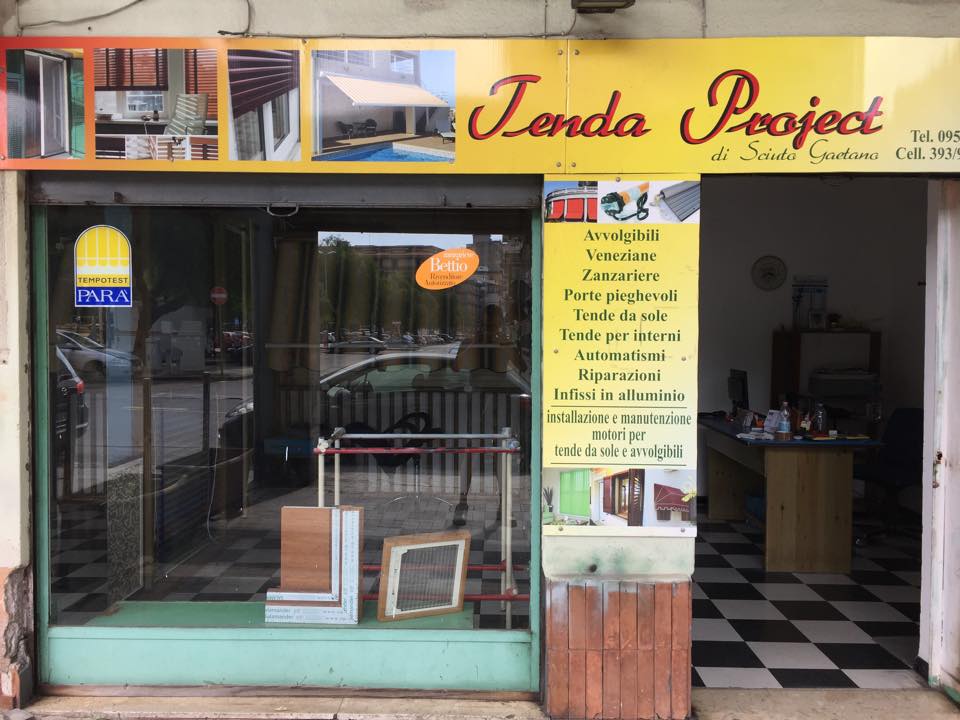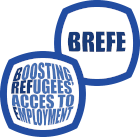Testimonies
Three types of testimonies are presented: stories of refugees, integration paths seen from the professionals' point of view and initiatives told by the people who implement them. They show that a successful professional integration requires the joint involvement of several actors. They can be accessed either directly or by keywords.
Tenda project
Anna is a trainer and professional accessor who helps newcomers and refugees to find quickly a job. She explains their methodology to actively involve them in preparatory training for work and how to overcome barriers.
"85% of users have law education with a limited use of IT. Since their prime objective is to find a job2, education and training are perceived as less important; neither they are motivated to learn to use a PC (they can do almost everything by a smartphone), which may be a problem on the workplace and for the active search of a job and many are not aware on the importance of learning Italian as a key asset. With such a target, classic teaching methods are generally nonperforming: active innovative learning is required. The orientation labs organized by Tenda professionals result effective. They combine collective meetings, face-to-face individual meetings and customized assistance in preparing CV.
Collective meetings are a mix of action-learning, simulations, role playing, discussions where trainers use social theatre approach. An important focus is given to the discussion of case-studies, decoding of job advertising language (which is generally too technical) and cultural aspects of working life which may be hardly understandable by non-native Europeans. People from certain Asian or African cultural backgrounds are not comfortable saying no to their chief or declaring they did not understand and so they do not ask for clarification and commit mistakes: theatre simulation is a good tool to discuss on such themes. CV is generally perceived as something of little importance; even when they have an excellent one, they do not show it during the interview or present it as a crumpled or wrinkled paper taken from their pocket.
Face-to-face meetings are necessary to explore needs, expectations, fears, doubts, write a good-effective CV and build a confidence relationship. During the traineeship, returns to collective meetings are organized to share experiences and problems faced. The success key is the confidence building process, which requires time, active listening and empathy and it is not surprising if migrants keep call their accessor chief or “mama” (in case it is a woman)."
1. The SPRAR is the Italian System for Protection of Asylum seekers and Refugees. From 2019 on, it is being substituted by SIPROIMI (System for Protection of Beneficiaries of International Protection and non-accompanied Minors).

